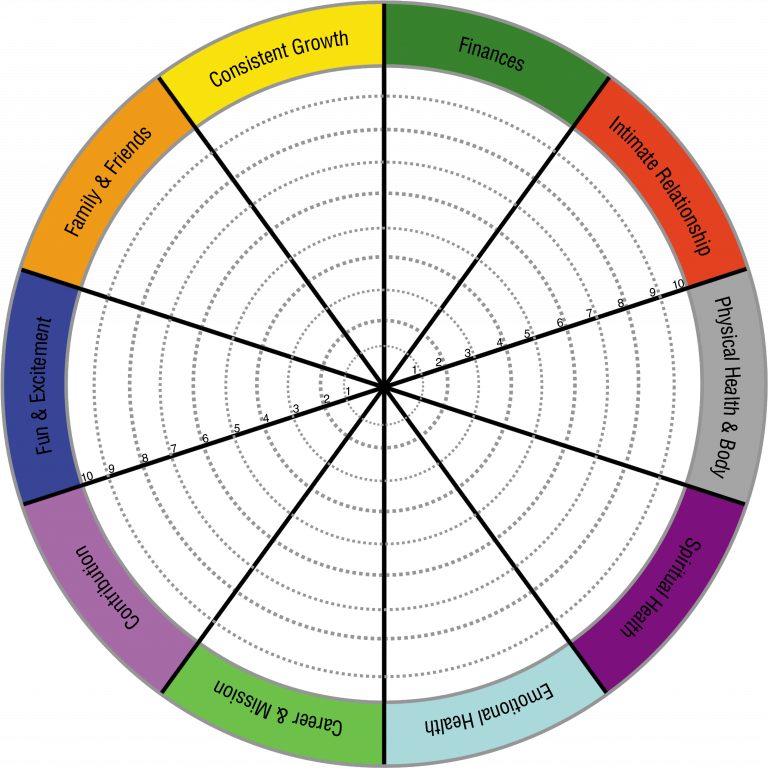Micromanagement is one of the most common challenges in today’s workplaces. While leaders may intend to ensure quality or maintain control, excessive oversight often creates the opposite effect. Employees feel stifled, productivity drops, and morale declines. Understanding how micromanagement shows up and addressing its root causes is essential for building healthier and more effective work environments.
Certified Master NLP & Life Coach Christina Steinhoff works with professionals and organizations in Dubai to uncover the hidden patterns behind micromanagement and its impact. Through her coaching approach, she helps leaders create space for growth and empowerment rather than control and restriction.
What is Micromanagement?
Micromanagement happens when leaders closely control every detail of how employees perform tasks instead of trusting them to take ownership. For example, a manager might constantly check emails, require unnecessary approvals, or correct minor details rather than focusing on the bigger picture. While the intention may be to prevent mistakes, the result often creates stress and inefficiency.
Recognizing micromanagement is the first step to addressing it. Leaders must ask themselves: “Am I guiding, or am I controlling?”
The Impact on Employee Morale
Micromanagement can make employees feel undervalued and mistrusted. When every decision is questioned or monitored, individuals lose the sense of autonomy that motivates them to do their best work. Over time, this lack of trust erodes confidence and discourages initiative.
For example, an employee tasked with creating a client presentation may feel deflated if every design choice is questioned or rewritten by their manager. Instead of building skills and confidence, the employee learns to wait for instructions, which stunts growth.
How Micromanagement Reduces Productivity
Contrary to what some leaders believe, micromanagement does not guarantee better results. Instead, it slows down processes and increases frustration. Employees spend more time seeking approvals than actually completing meaningful tasks. Leaders, on the other hand, become overwhelmed by trying to oversee everything, leaving little energy for strategic thinking.
Organizations in Dubai’s competitive market cannot afford such inefficiency. Businesses thrive when leaders focus on guiding vision and empowering employees to execute with confidence.
Why Leaders Micromanage
Micromanagement often stems from fear of mistakes, fear of losing control, or fear of not meeting expectations. Sometimes it is linked to perfectionism, where leaders believe no one can meet their standards. In other cases, it may arise from past experiences where delegation went wrong.
Christina Steinhoff explains that micromanagement is rarely about the employees themselves. Instead, it reflects subconscious beliefs and patterns within the leader. By uncovering these root causes through NLP-based coaching, leaders can learn to trust their teams and release the need for control.
Creating a Healthier Workplace
Breaking the cycle of micromanagement requires intentional effort. Leaders can:
- Set clear expectations rather than monitoring every step.
- Focus on outcomes instead of processes.
- Encourage open communication so employees feel safe asking for support.
- Recognize progress to build trust and motivation.
For instance, instead of reviewing every email an employee sends, a manager can provide guidelines and trust the team to apply them. Regular check-ins then focus on results, not micromanaging details.
Building Empowered Teams with Coaching
Shifting away from micromanagement does not just improve employee morale, it strengthens the entire organization. Teams become more creative, engaged, and self-sufficient. Leaders gain time to focus on strategy and innovation.
Working with a Certified Master NLP & Life Coach like Christina Steinhoff can accelerate this transformation. Through coaching, leaders identify limiting beliefs, reframe thought patterns, and build the confidence to delegate effectively. This shift creates workplaces where both leaders and employees thrive.
Ready to Break Free from Micromanagement?
Micromanagement may feel like control, but in reality, it limits potential. By understanding its impact and learning healthier leadership strategies, organizations can unlock higher performance and stronger teamwork.
For leaders who want to create lasting change, partnering with a professional coach such as Christina Steinhoff provides the tools and insights needed to step into a more empowering style of leadership.

